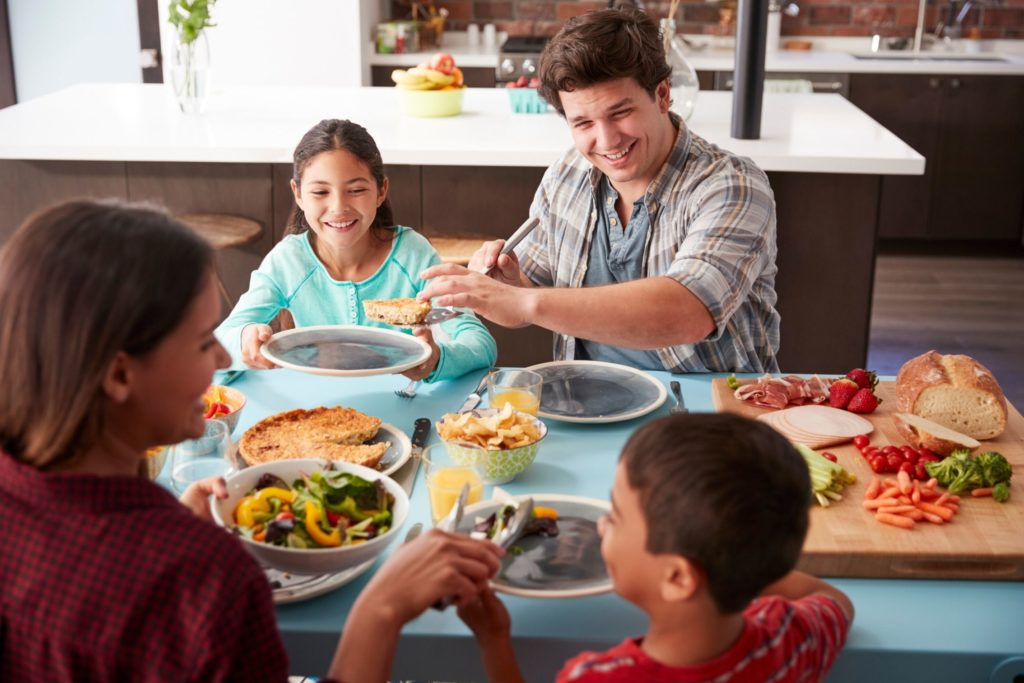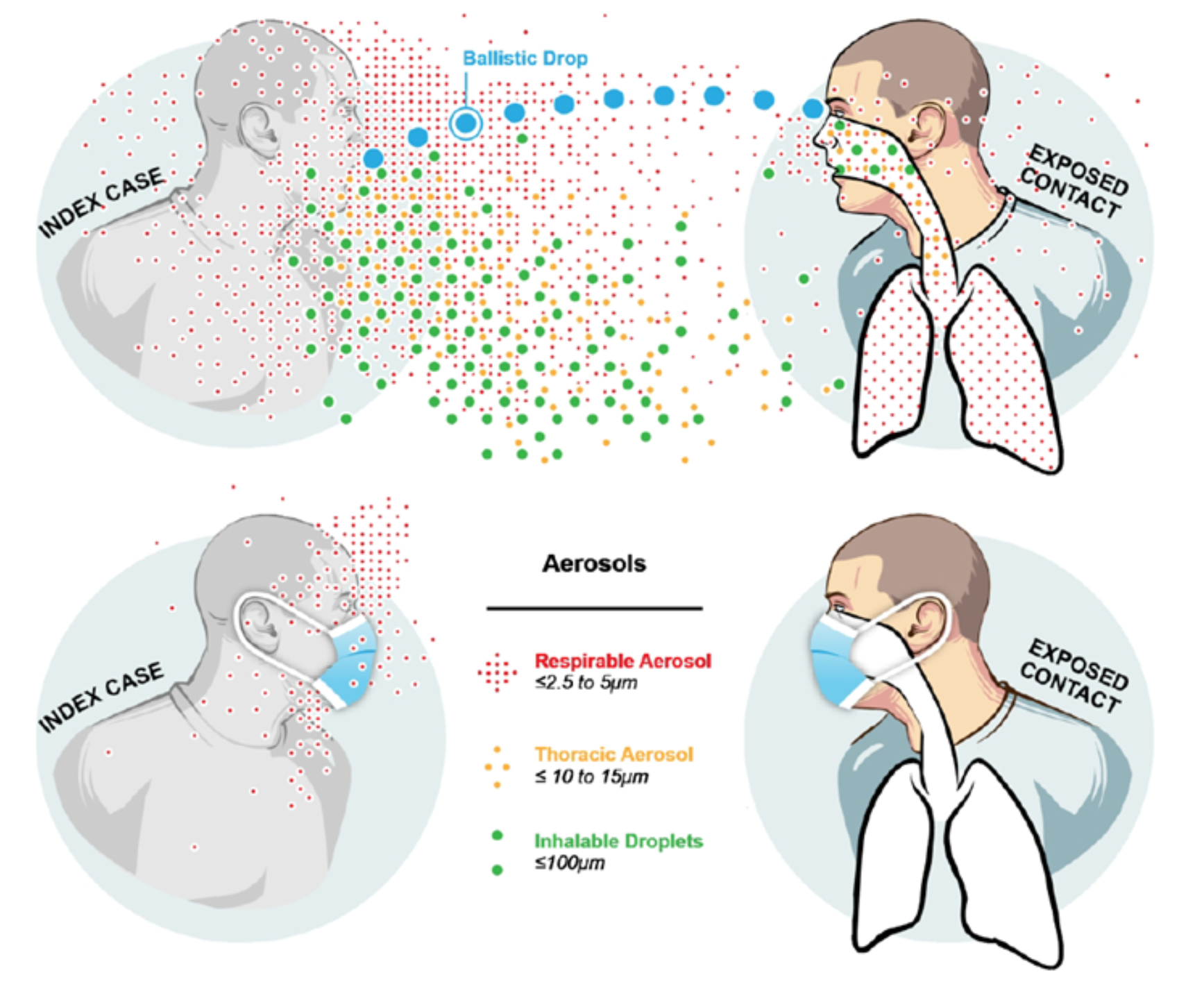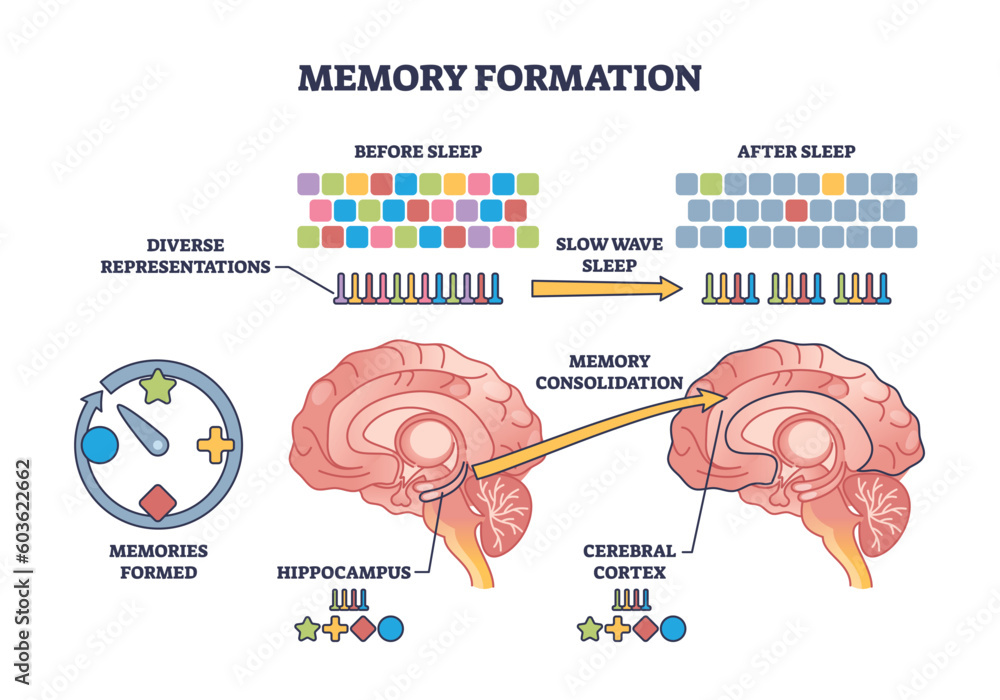Shared meals and happiness often go hand in hand, providing a foundation for deep social connections and well-being. Research suggests that dining with friends and family not only fosters a sense of belonging but also enhances our mental health and happiness levels. In fact, the importance of shared meals may be more significant than many realize, with studies indicating that individuals who frequently enjoy meals together tend to report higher life satisfaction. However, a concerning trend shows that Americans are increasingly dining alone, highlighting a potential disconnect that could impact happiness. By embracing the rich tradition of sharing meals, we can reclaim the joy and positivity that comes from communal dining experiences.
When we think about the act of sharing food, it transcends mere sustenance, acting as a catalyst for emotional fulfillment and community building. The act of gathering around a table, whether with family or friends, creates an avenue for social interactions that contribute to an enhanced sense of joy. Meals, therefore, serve as more than just nourishment; they are moments that enrich our lives and fortify our relationships, playing a crucial role in our overall happiness and mental wellness. As societal dynamics evolve, recognizing the multiple facets of shared dining can help us to better understand the intricacies of human connections and the many factors affecting happiness.
The Importance of Shared Meals for Happiness
Shared meals hold a profound significance in human relationships, acting as a catalyst for connection and emotional nourishment. Research indicates that engaging in communal dining can enhance life satisfaction, often cited as a reliable predictor of overall well-being. The act of sharing a meal fosters a sense of belonging, reinforcing social bonds that are crucial to mental health. For many, these shared experiences can be more beneficial to happiness than material wealth, showcasing the deep social significance of dining together.
Furthermore, the correlation drawn from studies suggests that the frequency of shared meals is a compelling indicator of a person’s happiness level, perhaps even more than income or employment status. In an age where solitary dining is on the rise, it underscores the importance of encouraging communal dining practices. To nurture a healthier society, it becomes imperative to recognize the emotional benefits derived from shared meals, addressing the fact that social connections fundamentally instigate joy and fulfillment.
Social Connections and Well-being Through Dining
Dining with friends and family not only satiates hunger but also enriches lives through the cultivation of social relationships. Engaging in meals with others promotes heightened levels of laughter, conversation, and bonding, which are essential components of emotional health. As the American Time Use Survey indicates, the alarming rise in solitary dining trends suggests that many are missing out on these essential interactions that can enhance mental well-being. By acknowledging the role of meal sharing in fostering social ties, individuals can take proactive steps toward improving their happiness.
Moreover, the shared experience of a meal creates opportunities for meaningful conversations that can lead to greater social understanding and connection. In a world increasingly divided by technology and individualism, prioritizing shared meals can serve as a remedy to social isolation. By investing time in dining with others, individuals can cultivate a stronger support network, which is crucial for their overall happiness and mental health. The reinforced connections and communication that occur during shared meals hence become invaluable assets to one’s social well-being.
Meals and Mental Health: The Connection
The intricate relationship between meals and mental health is increasingly coming to the fore in research discussions. As emphasized in the findings of the World Happiness Report, the act of sharing meals can serve as a protective factor against stress and anxiety. Meals shared with loved ones often provide comfort, motivation, and validation, leading to improved emotional states. Regular engagement in social dining can help mitigate mental health challenges, as positive interactions during meals foster resilience against life’s pressures.
Additionally, the psychological impacts of shared meals extend beyond immediate satisfaction; they contribute to long-term mental well-being. Positive dining experiences create lasting memories and associations that can uplift spirits even in tough times. As society grapples with rising mental health issues, recognizing the therapeutic value of dining with others should be at the forefront of efforts to promote mental well-being. Consequently, institutions and policymakers can use this understanding to devise strategies that encourage communal dining, thereby enhancing communal happiness.
Factors Affecting Happiness: Beyond Income
While financial stability has long been regarded as a pivotal element of happiness, emerging research suggests that social factors, particularly meal sharing, may play a more crucial role. Studies indicate that shared meals can reflect and enhance one’s happiness levels, often more reliably than income. This shift in perspective prompts a reevaluation of what truly contributes to well-being, urging both individuals and policymakers to prioritize social connectivity as a pathway to happiness.
Moreover, the significance of shared meals transcends economic factors, emphasizing the need for an inclusive approach to understanding happiness. Factors such as community ties, regular meal sharing, and participation in social gatherings can collectively nurture a supportive environment conducive to happiness. By acknowledging these factors, we can cultivate a society where well-being is measured not merely by economic success but also through the quality of social interactions and collective experiences.
Encouraging Shared Meals for Improved Well-Being
Encouraging individuals to partake in shared meals is vital for enhancing community well-being. Creating environments where communal dining is prioritized can significantly boost social interactions. Initiatives such as community dinners, potlucks, and other social events centered around food can provide ample opportunities for individuals to engage with one another, fostering a sense of belonging and emotional support within communities.
Furthermore, these communal initiatives can be instrumental in combating loneliness and social isolation. By creating regular opportunities for shared meals, individuals can forge new friendships and strengthen existing relationships, all while contributing to their happiness. Organizations can play a pivotal role in establishing this culture by organizing regular shared dining events that encourage community involvement, thus directly leveraging the power of shared meals for collective well-being.
The Role of Policy in Promoting Shared Meals
To fully harness the power of shared meals in improving social happiness, policy interventions are essential. Local governments and community leaders can initiate programs that promote shared dining experiences amongst diverse communities. By investing in public spaces that facilitate meals together, like parks with communal grills or local kitchens that host community dinners, policymakers can directly impact social connectivity.
Moreover, policies that support food accessibility and communal cooking spaces can further enhance the frequency of shared meals, particularly in lower-income areas. By prioritizing communal values over individualistic trends, society can begin to tackle broader issues of mental health and happiness through the lens of shared meal experiences, demonstrating that fostering relationships is just as crucial as economic stability.
Shared Meals: A Cultural Pillar of Happiness
Culturally, shared meals serve as a cornerstone of many traditions around the world, emphasizing their importance not just for physical nourishment but as a cultural ritual that fosters connection and joy. From family gatherings during holidays to community feasts celebrating local heritage, meals play a significant role in reinforcing cultural identity and shared happiness. Such traditions highlight how food can unify people across different backgrounds, making shared meals a universal language of connection.
Recognizing this cultural significance can encourage individuals and communities to create more opportunities for shared dining experiences within their cultural contexts. By celebrating local food customs and encouraging participation in shared meals, societies can strengthen communal bonds and enhance collective happiness. The act of sharing a meal transcends mere sustenance, reinforcing social norms and values that celebrate togetherness, ultimately cultivating a culture centered around happiness.
The Impact of Dining Habits on Daily Happiness
How and where we dine can significantly influence our daily happiness. The choice of dining venues and the company we choose can create differing emotional experiences. Eating in a lively restaurant with friends can produce feelings of joy and elation, while solitary meals at home might contribute to feelings of loneliness. Understanding these patterns is crucial for individuals seeking to enhance their happiness through mindful dining choices.
Moreover, establishing positive dining habits can create a ripple effect that enhances overall well-being. Setting aside dedicated time for shared meals, whether at home or in social settings, fosters a routine that prioritizes emotional health. This practice not only boosts happiness levels but also reinforces social ties, creating a more supportive environment that nurtures every individual’s mental well-being.
Future Directions in Meal Sharing Research
Future research into shared meals and happiness promises to unveil deeper insights into the dynamics of social eating. As studies continue to explore the causal relationships between meal sharing and emotional well-being, researchers aim to identify specific elements that contribute most significantly to happiness. This exploration could provide a roadmap for understanding how other social behaviors impact mental health, creating a comprehensive picture of human connectivity.
Additionally, findings from ongoing research could influence public health initiatives, informing policies that prioritize social eating habits as a vital component of mental health strategy. As researchers delve deeper into these connections, society can look forward to cultivating environments that enhance social interactions through shared meals, setting a stronger foundation for collective happiness and well-being.
Frequently Asked Questions
What is the importance of shared meals in fostering happiness?
Shared meals play a crucial role in fostering happiness as they promote social connections and enhance well-being. Research indicates that individuals who share meals tend to report higher life satisfaction and positive emotions. This suggests that dining together not only satisfies hunger but also strengthens interpersonal relationships, which is vital for mental health.
How do shared meals impact mental health and happiness?
Shared meals positively impact mental health and happiness by facilitating social interactions, reducing feelings of loneliness, and building a sense of community. Studies show that regular dining with friends or family correlates with improved mood and overall mental well-being, emphasizing the significance of communal dining for happiness.
What are the social benefits of dining with friends related to happiness?
Dining with friends brings numerous social benefits that relate directly to happiness, such as fostering connections, enhancing communication, and providing emotional support. These social interactions during meals can strengthen bonds and create memorable experiences, which are essential contributors to an individual’s overall well-being.
In what ways do meals and mental health connect?
Meals and mental health are interconnected through the act of sharing food, which can lead to feelings of connection and belonging. Regular shared meals help reduce anxiety and depression by fostering social support and community, thus serving as an effective buffer against mental health issues.
What factors affect happiness in relation to shared meals?
Several factors affect happiness in relation to shared meals, including the frequency of dining together, the quality of relationships with meal companions, and the cultural significance of shared meals. Each of these elements can enhance emotional well-being and promote a happier lifestyle by encouraging social engagement.
How do cultural practices around shared meals contribute to well-being?
Cultural practices surrounding shared meals contribute to well-being by reinforcing social norms and values that prioritize community and togetherness. These traditions facilitate interpersonal bonding, create a sense of belonging, and can significantly enhance overall happiness, showcasing the universal importance of shared dining experiences.
Can sharing meals improve overall life satisfaction?
Yes, sharing meals can improve overall life satisfaction. Evidence suggests that individuals who engage in communal dining experiences are more likely to report higher levels of happiness and contentment, indicating that the act of sharing meals transcends basic nutrition and plays an essential role in enhancing quality of life.
What strategies can promote more shared meals among individuals for increased happiness?
To promote more shared meals, individuals can host regular dinner gatherings, participate in community cooking events, or encourage family meals. These strategies help create opportunities for connection and reinforce the social bonds that are essential for enhancing happiness and well-being.
| Key Points |
|---|
| Shared meals are a strong indicator of well-being, potentially more reliable than income. |
| People who share more meals report higher life satisfaction and positive emotions. |
| A significant trend shows Americans are increasingly dining alone, with a rise of 53% since 2003. |
| The correlation between shared meals and happiness exists across ages, genders, cultures, and religions. |
| Further research is needed to determine the causal relationship between shared meals and happiness. |
| Encouraging shared meals could help improve mental health and decrease social isolation. |
Summary
Shared meals and happiness are closely intertwined, as research shows that individuals who dine together often experience greater life satisfaction and express more positive emotions. With an alarming trend of increasing solitary dining, understanding the importance of shared meals becomes essential not only for personal happiness but also for societal well-being. Encouraging shared meals can potentially enhance mental health and foster social connections, making it a vital area for further research and community initiatives.




